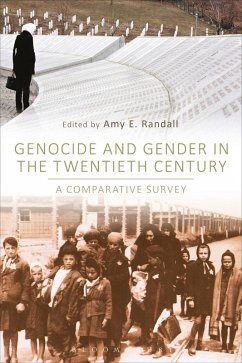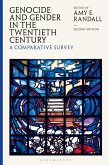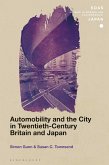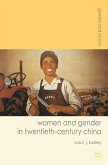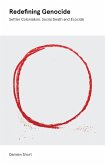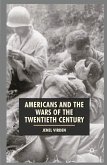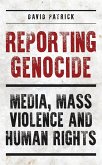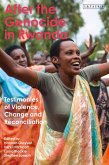CHOICE Outstanding Academic Title 2016
Genocide and Gender in the Twentieth Century brings together a collection of some of the finest Genocide Studies scholars in North America and Europe to examine gendered discourses, practices and experiences of ethnic cleansing and genocide in the 20th century. It includes essays focusing on the genocide in Rwanda, the Armenian genocide in the Ottoman Empire, the Holocaust and ethnic cleansing and genocide in the former Yugoslavia.
The book looks at how historically- and culturally-specific ideas about reproduction, biology, and ethnic, national, racial and religious identity contributed to the possibility for and the unfolding of genocidal sexual violence, including mass rape. The book also considers how these ideas, in conjunction with discourses of femininity and masculinity, and understandings of female and male identities, contributed to perpetrators' tools and strategies for ethnic cleansing and genocide, as well as victims' experiences of these processes. This is an ideal text for any student looking to further understand the crucial topic of gender in genocide studies.
Genocide and Gender in the Twentieth Century brings together a collection of some of the finest Genocide Studies scholars in North America and Europe to examine gendered discourses, practices and experiences of ethnic cleansing and genocide in the 20th century. It includes essays focusing on the genocide in Rwanda, the Armenian genocide in the Ottoman Empire, the Holocaust and ethnic cleansing and genocide in the former Yugoslavia.
The book looks at how historically- and culturally-specific ideas about reproduction, biology, and ethnic, national, racial and religious identity contributed to the possibility for and the unfolding of genocidal sexual violence, including mass rape. The book also considers how these ideas, in conjunction with discourses of femininity and masculinity, and understandings of female and male identities, contributed to perpetrators' tools and strategies for ethnic cleansing and genocide, as well as victims' experiences of these processes. This is an ideal text for any student looking to further understand the crucial topic of gender in genocide studies.

